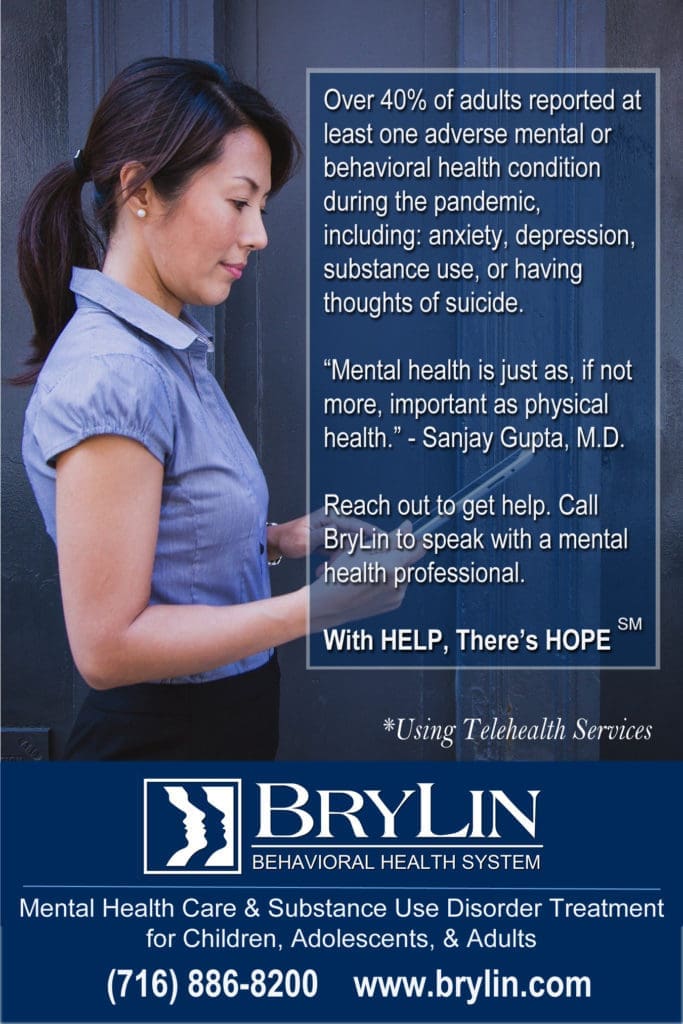 Everyone has been affected by the coronavirus pandemic in one way or another. Whether it’s adjusting to a new work-life situation, financial stress, separation from family and friends, or the loss of a friend or loved one, these unprecedented times have taken a toll on people’s mental health in the workplace and at home.
Everyone has been affected by the coronavirus pandemic in one way or another. Whether it’s adjusting to a new work-life situation, financial stress, separation from family and friends, or the loss of a friend or loved one, these unprecedented times have taken a toll on people’s mental health in the workplace and at home.
This summer (June 2020), U.S. adults reported considerably elevated adverse mental health conditions associated with COVID-19. Over 40% of respondents reported at least one adverse mental or behavioral health condition, including symptoms of anxiety disorder or depressive disorder, symptoms of a trauma- and stressor-related disorder (TSRD) related to the pandemic, having thoughts of suicide, and having started or increased substance use to cope with stress or emotions related to COVID-19. Many who face these unexpected challenges need help and support.
One key approach that many employers have adopted to help is to make work more flexible. Employers have extended their remote work policies to allow for more flexibility and a healthier work-life balance for their workers. In addition, employers have started offering virtual wellness programs such as virtual fitness and diet classes, webinars, and mindfulness exercises to meet the needs of the large remote workforce. Your mental health in the workplace and at home is extremely important. However, when symptoms become severe enough and keep you from being able to function in daily life, it becomes extremely important to seek professional help and treatment.
“Mental health is just as, if not more, important as physical health. Many people are dealing with ongoing conditions that need attention. Even though we are in the midst of a pandemic, now is not the time to ignore your mental health,” says Sanjay Gupta, M.D., Chief Medical Officer at BryLin Behavioral Health System.
“We know that behavioral health conditions like depression, anxiety and addiction need ongoing treatment to keep us resilient. We want to encourage people to continue to pay attention to their mental/brain health and reach out to their primary care physician and mental health clinicians if they need help,” Dr. Gupta said.
If you or a loved one needs help, talk to your Employee Assistance Program representative, your primary care provider or reach out to a treatment professional like BryLin Behavioral Health System. Learn more at BryLin.com or call 716.886.8200 to speak with a treatment professional who can help determine the best level of care to meet your needs.



Comments are closed